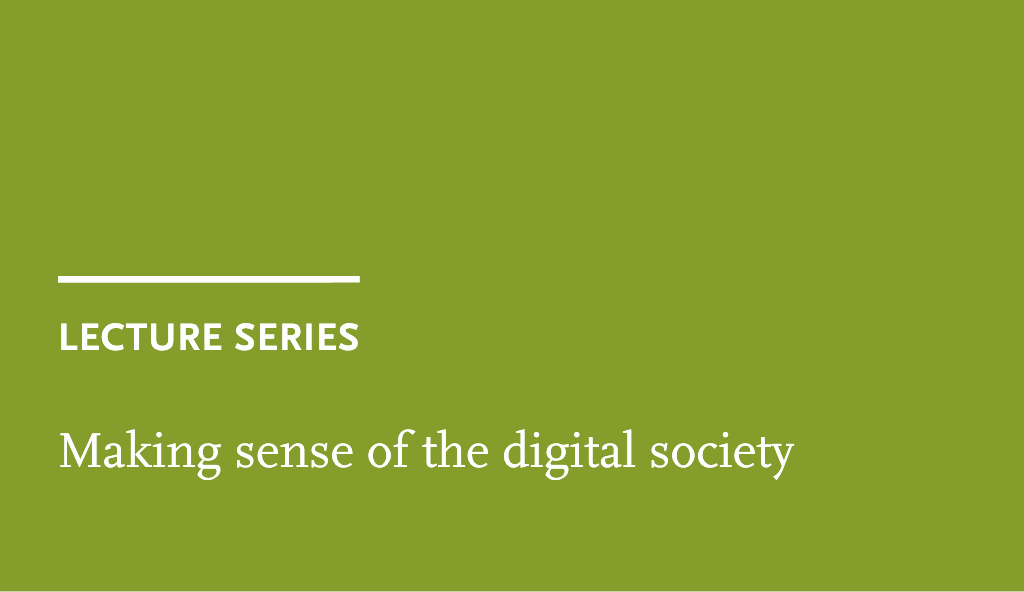Privacy in Asia – Lunch talk with Abu Bakar Munir
Privacy in Asia: The Changing Regulatory Landscape
Lunch talk with Abu Bakar Munir
Monday, 7 September 2015 | HIIG Berlin | 6th floor
With the exception of jurisdictions such as Hong Kong, Japan and Korea, privacy protection is now the new game changer to many countries in Asia. It took thirty years after the adoption of the first international instrument on personal data protection by the OECD, for these countries to have laws on this. Many nations in this region have started enacting new laws or amending the existing ones. The Taiwanese Parliament passed a comprehensive law called the Personal Data Protection Act in 2010. Korea followed suit and enacted a new Personal Information Protection Act a year later. Malaysia is the first among the members of the Association of Southeast Asian Nations (‘ASEAN’) in having it in May 2010 and followed by Singapore and the Philippines. After a number of attempts, in January this year, the Thai’s government reintroduced a bill on data protection. Very interestingly, after so many years in existence, in March this year, the Japanese Diet has just started to debate a bill to amend the existing law of that country in with some very significant changes. Unfortunately, there are still a number of countries that do not seem to do anything, despite the ASEAN Economic Community is supposed to be in existence by the end of this year, which obviously requires the personal data protection law to be in place.
This talk seeks to provide a comparative analysis of the privacy and data protection legislation of a number of selected Asian countries such as Malaysia, Singapore, Korea, Taiwan and the Philippines. This session will ascertain and deliberate on some of the main similarities and differences in the regulation and the impact on the cross-border data transfer within and beyond Asia.
Speaker
Abu Bakar Munir is an internationally renowned scholar, expert and consultant on ICT Law and Data Protection Law. He was the Dean of the Faculty of Law, University of Malaya, Malaysia. Currently, he is a Professor of law at the Faculty and Associate Fellow at the University of Malaya Malaysian Centre for Regulatory Studies (UMCoRS). He is also a Visiting Professor at several universities in Asia, Australia, New Zealand, the Middle East and Europe. He is the Legal Advisor and Data Protection Consultant in the Straits Interactive Pte Ltd Singapore.
Professor Abu Bakar is the author of several books; Privatization (1992), Cyberlaw: Policies and Challenges (1999), Privacy and Data Protection (2002), Internet Banking: Law and Practice (2004), and Information and Communication Technology Law: State, Internet and Information (2010). His work; Personal Data Protection in Malaysia: Law and Practice (2010) is the must-read book that provides a guidance as to how to comply with the Malaysian Personal Data Protection Act (PDPA) 2010. His most recent book, Data Protection Law in Asia by Thomson Reuters (Hong Kong) was published in December 2014. He has widely published numerous articles on several aspects of ICT law and data protection law. He was appointed the Adviser to the Government of Malaysia on data protection in 2007 and was instrumental in the crafting and passing of the PDPA 2010. Currently, he is the data protection consultant to the governments of Indonesia and Saudi Arabia. See full CV
The lunch talk is open to the public, please register via the form below.
DIGITAL SOCIETY LECTURES
This high-profile lecture series thrives to develop a European perspective on the processes of transformation that our societies are currently undergoing.
DIGITALER SALON
Once a month we publicly discuss the impact of digitalisation on the society. Therefore we invite special guests and engage in a dialogue with the audience.
NEWSLETTER
Be the first to learn about our new events and exciting research results.

